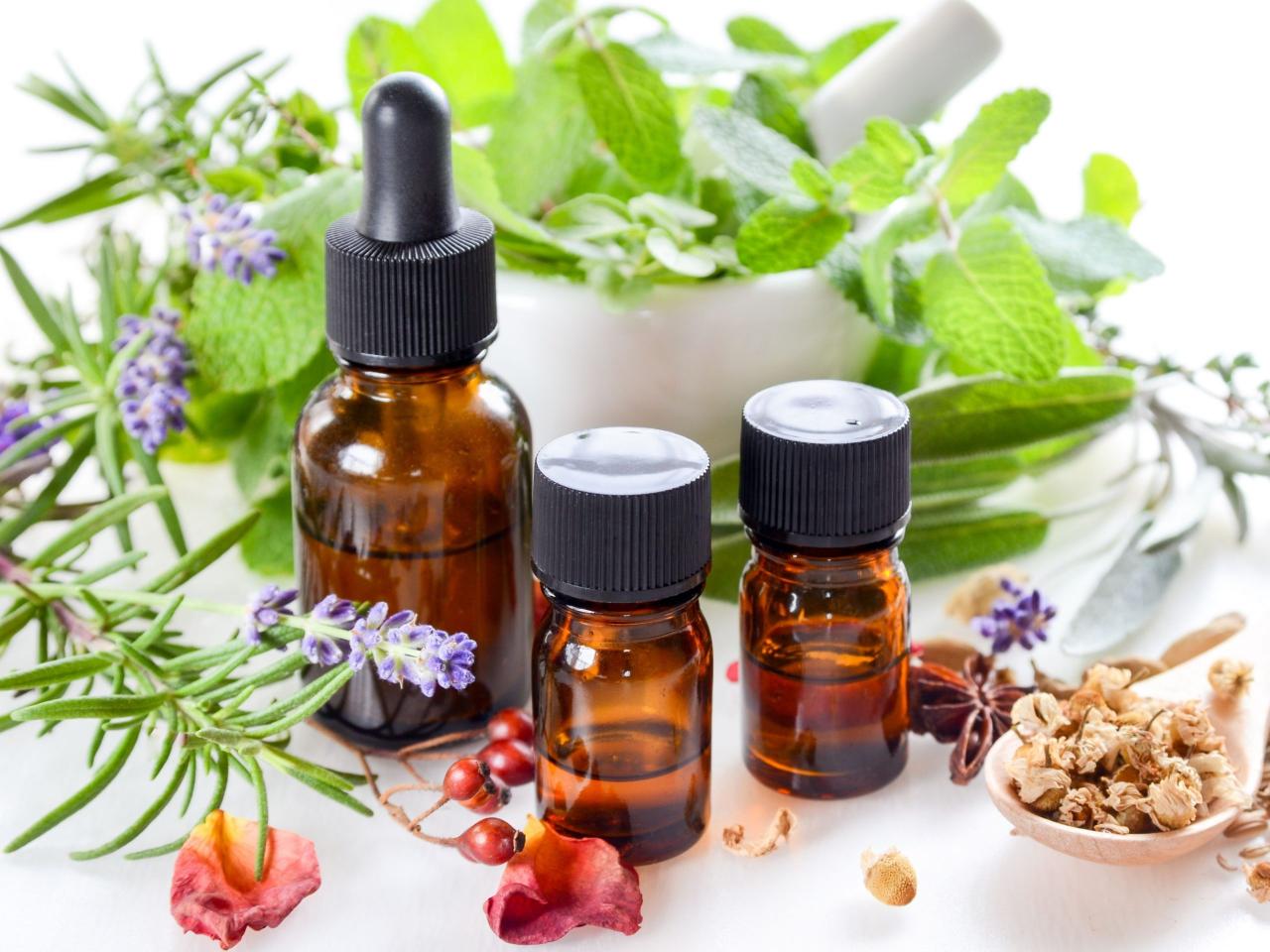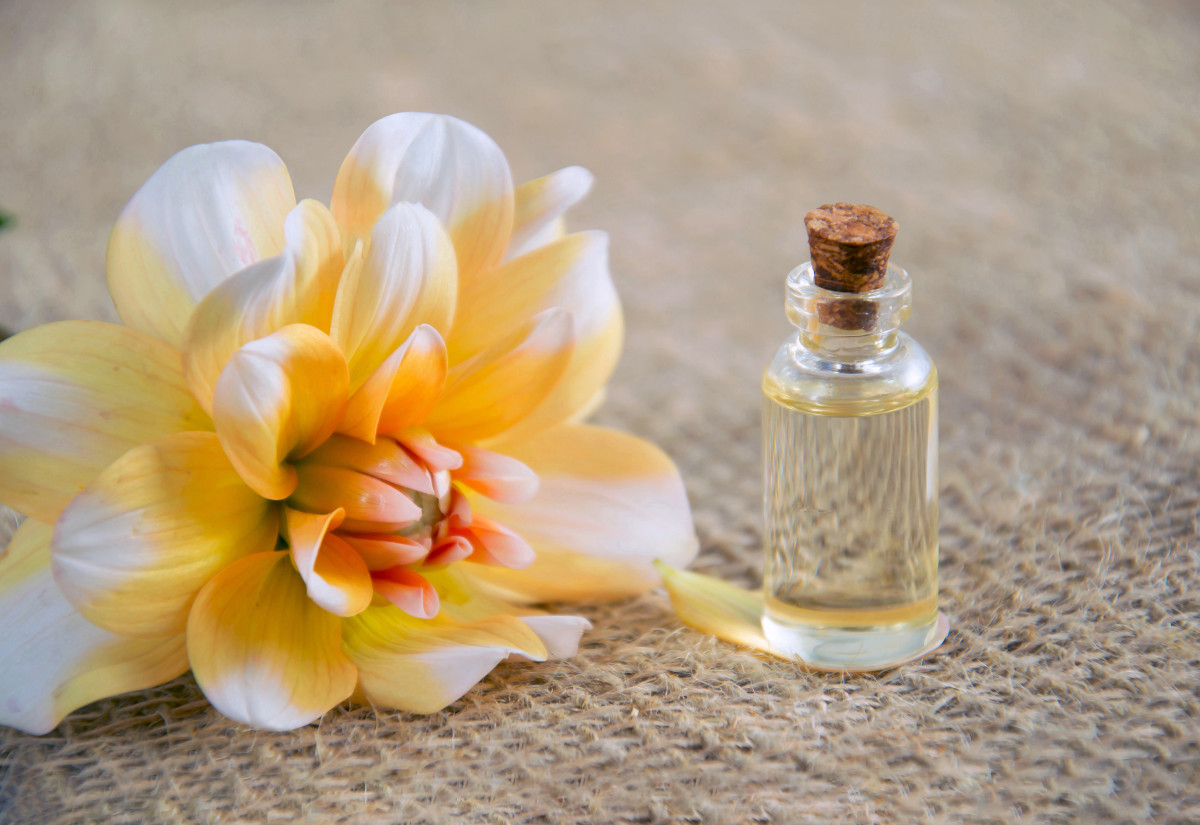Step into the enchanting realm of aromatherapy stores, where the air is alive with the captivating scents of nature’s finest essential oils. These havens offer a sanctuary for relaxation, wellness, and rejuvenation, inviting you to discover the transformative power of aromatherapy.
From invigorating citrus notes to calming lavender fields, the world of aromatherapy stores is a symphony of fragrances that awaken the senses and soothe the soul. Immerse yourself in this aromatic journey as we explore the benefits of essential oils, the art of blending, and the practicalities of managing an aromatherapy business.
Essential Oils and Their Benefits

Essential oils are natural oils extracted from plants. They are highly concentrated and have a wide range of therapeutic properties.
Essential oils can be used in a variety of ways, including inhalation, topical application, and diffusion. Inhalation is a great way to experience the benefits of essential oils quickly and easily. Simply add a few drops of essential oil to a diffuser or humidifier and enjoy the benefits.
Common Essential Oils and Their Uses
- Lavender oilis known for its calming and relaxing effects. It can be used to promote sleep, reduce stress, and relieve pain.
- Peppermint oilis a stimulating oil that can help to improve focus and concentration. It can also be used to relieve headaches and nausea.
- Tea tree oilis a powerful antiseptic and antibacterial oil. It can be used to treat acne, wounds, and infections.
- Eucalyptus oilis a decongestant and expectorant. It can be used to relieve congestion, coughs, and colds.
- Lemon oilis a refreshing and uplifting oil. It can be used to improve mood, boost energy, and cleanse the air.
Aromatherapy Diffusers and Nebulizers

Aromatherapy diffusers and nebulizers are devices used to disperse essential oils into the air, allowing their therapeutic benefits to be inhaled. While both methods share the common goal of releasing essential oil molecules, they differ in their mechanisms and effectiveness.
Types of Aromatherapy Diffusers
- Ultrasonic Diffusers:Use high-frequency vibrations to create a fine mist that disperses essential oils into the air. They are relatively quiet and easy to use, but they may require more water than other types.
- Heat Diffusers:Use heat to evaporate essential oils, releasing their aroma. They are more effective at diffusing larger molecules, but they can alter the chemical composition of some oils and may be less safe for pets.
- Evaporative Diffusers:Use a fan to blow air over essential oils, evaporating them into the air. They are portable and easy to use, but they may be less effective than other types.
- Nebulizing Diffusers:Use a high-pressure stream of air to break down essential oils into tiny particles, creating a concentrated mist. They are the most effective at diffusing essential oils, but they can be noisy and require more maintenance.
Choosing the Right Diffuser or Nebulizer
The choice of diffuser or nebulizer depends on individual needs and preferences. Consider the following factors:
- Size of the room:Larger rooms require more powerful diffusers or nebulizers.
- Desired intensity:Nebulizers produce the most intense aroma, while evaporative diffusers are the least intense.
- Safety:Heat diffusers may not be suitable for pets or individuals with respiratory sensitivities.
- Portability:Evaporative and ultrasonic diffusers are more portable than heat or nebulizing diffusers.
- Maintenance:Nebulizers require regular cleaning and maintenance, while other types may be easier to maintain.
Creating Custom Blends

The art of blending essential oils allows you to create personalized aromatherapy mixtures tailored to your specific needs. By combining different oils, you can achieve a synergistic effect that enhances the therapeutic benefits of each individual oil.
To create a balanced blend, consider the following tips:
Choosing Complementary Oils
- Top notes:These oils evaporate quickly and provide an immediate aromatic impact. Examples include citrus oils (orange, lemon), peppermint, and rosemary.
- Middle notes:These oils evaporate at a moderate pace and provide the body of the blend. Examples include lavender, chamomile, and geranium.
- Base notes:These oils evaporate slowly and provide depth and longevity to the blend. Examples include sandalwood, patchouli, and vetiver.
When blending, aim for a harmonious balance of top, middle, and base notes to create a well-rounded aroma.
Popular Aromatherapy Blend Recipes
| Blend Name | Ingredients | Intended Uses |
|---|---|---|
| Relaxing Blend | 5 drops lavender, 3 drops chamomile, 2 drops bergamot | Promote relaxation, reduce stress |
| Energizing Blend | 5 drops peppermint, 3 drops rosemary, 2 drops grapefruit | Boost energy, improve focus |
| Immune Boosting Blend | 5 drops eucalyptus, 3 drops tea tree, 2 drops lemon | Strengthen the immune system, fight infections |
Aromatherapy for Specific Needs
Aromatherapy, with its natural and holistic approach, has gained recognition for its potential to address various common ailments. Let’s explore the use of essential oils and their specific applications in managing conditions like stress, anxiety, sleep problems, and pain.
Scientific studies have demonstrated the therapeutic properties of essential oils, supporting their efficacy in addressing various health concerns. The use of aromatherapy for specific needs offers a safe and complementary approach to conventional treatments.
Stress and Anxiety
Aromatherapy offers a calming and soothing effect for managing stress and anxiety. Essential oils like lavender, bergamot, and chamomile have been shown to promote relaxation and reduce feelings of tension.
- Lavender:Inhale or apply topically to relieve stress, promote relaxation, and improve sleep quality.
- Bergamot:Inhale or diffuse to reduce anxiety, uplift mood, and promote emotional balance.
- Chamomile:Inhale or apply topically to calm the nervous system, promote relaxation, and reduce stress.
Sleep Problems
Aromatherapy can aid in promoting restful sleep by creating a calming and relaxing atmosphere. Essential oils like lavender, valerian root, and sandalwood have sedative and sleep-inducing properties.
- Lavender:Inhale or diffuse to promote relaxation, reduce stress, and improve sleep quality.
- Valerian root:Inhale or take as a supplement to induce sleep, reduce anxiety, and improve sleep quality.
- Sandalwood:Inhale or apply topically to promote relaxation, reduce stress, and improve sleep quality.
Pain Management
Certain essential oils possess analgesic and anti-inflammatory properties that may provide relief from pain. Oils like peppermint, rosemary, and eucalyptus have been shown to reduce muscle tension and alleviate pain.
- Peppermint:Inhale or apply topically to reduce muscle tension, headaches, and migraines.
- Rosemary:Inhale or apply topically to improve circulation, reduce muscle pain, and alleviate headaches.
- Eucalyptus:Inhale or apply topically to relieve respiratory congestion, reduce muscle pain, and improve circulation.
Business Management for Aromatherapy Stores
Venturing into the world of aromatherapy stores requires careful planning and strategic management. By implementing sound business practices, you can establish a thriving enterprise that caters to the growing demand for natural wellness solutions.
Effective inventory management is crucial to ensure a well-stocked store that meets customer needs. Establish relationships with reliable suppliers, maintain accurate inventory records, and implement inventory control systems to prevent overstocking or shortages.
Customer Service
Exceptional customer service is paramount in building a loyal customer base. Train your staff to be knowledgeable about aromatherapy and its benefits, providing personalized recommendations and assisting customers in finding the right products for their specific needs.
Marketing Strategies
Develop a comprehensive marketing plan that encompasses both online and offline channels. Utilize social media, email marketing, and content marketing to educate potential customers about aromatherapy and promote your store’s offerings. Partner with local wellness practitioners and offer workshops or classes to showcase the benefits of essential oils.
Case Studies
Successful aromatherapy businesses demonstrate the potential of this industry. “Aroma Haven,” a thriving store in California, attributes its success to a focus on high-quality products, personalized customer service, and a strong online presence. “Essential Essence,” another successful venture, has expanded its offerings to include massage therapy and aromatherapy consultations.
Final Wrap-Up
As we conclude our exploration of aromatherapy stores, let us remember the profound impact these fragrant havens have on our well-being. Whether seeking relief from daily stresses, enhancing relaxation, or promoting holistic health, aromatherapy stores offer a natural and effective path to tranquility and vitality.